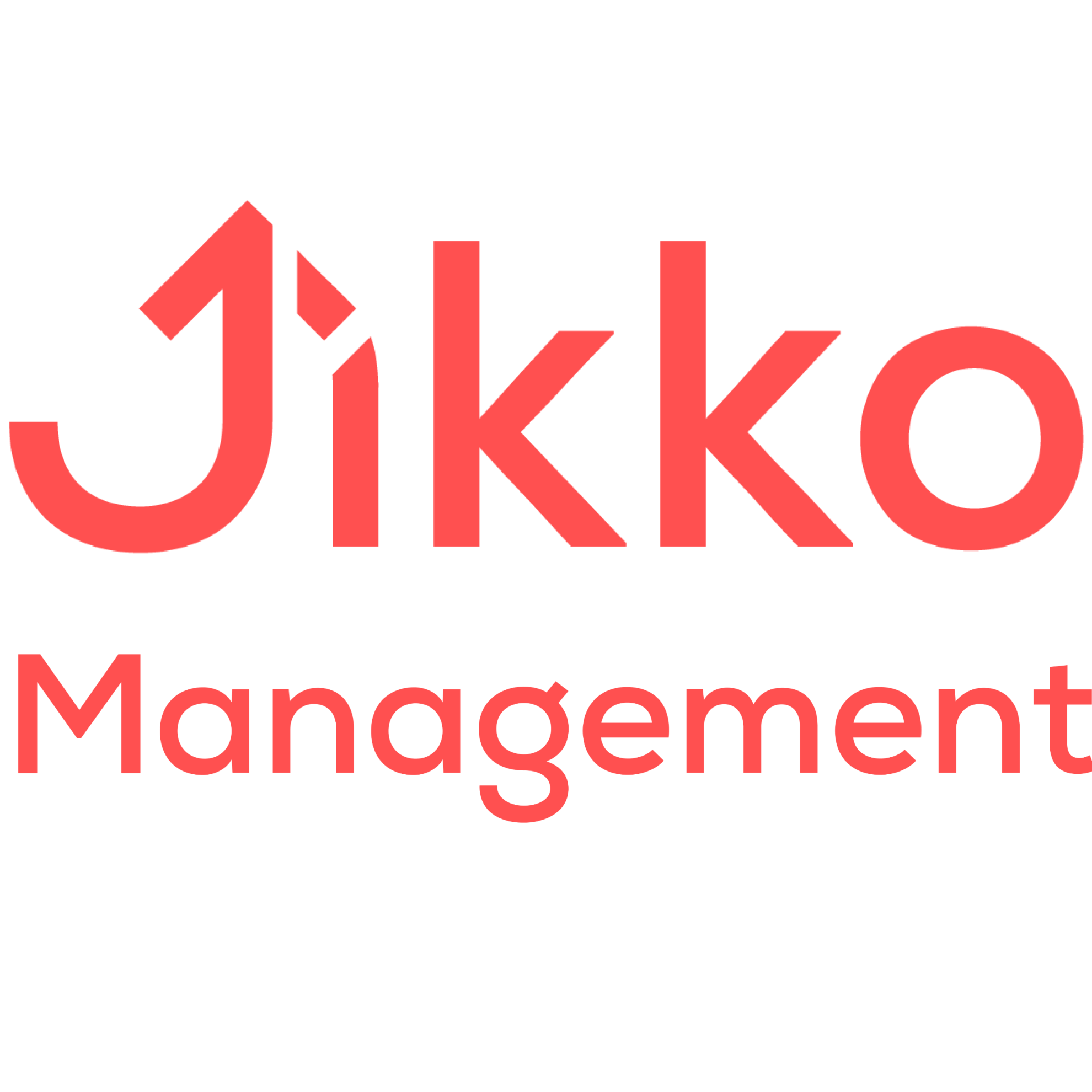1. Key Concepts - User Management
In this article, we will review the types of licenses and packages available that we offer from OPALYTICA to our JIKKO users.
Sara Rendon
Last Update setahun yang lalu
To understand the types of access enabled in JIKKO, it is crucial to recognize that each one allows for different actions within the interfaces that are currently available. Therefore, throughout this article, we will mention the main functionalities of each interface, the different types of licenses available, and the license packages that can be purchased.
Types of Licenses
JIKKO is a Manufacturing Execution System (MES) that is segmented into two main environments: JIKKO Management and JIKKO Operator. These complement each other, each with its specific functionalities.
JIKKO Management
JIKKO Management is an intuitive interface designed to optimize decision-making processes, offering various modules with essential functionalities aimed at enhancing production. Here, managers can generate production orders, plan workflows with optimization assistance, monitor real-time efficiency, and access dynamic dashboards to make informed decisions. Additionally, from this environment, other functions of JIKKO are configured and general company information is loaded.
JIKKO Operator
JIKKO Operator is dedicated to inputting data and on-site operational information into the system. Each module is crafted to be intuitive and user-friendly, enhancing the overall experience for operators while navigating the platform. It seamlessly covers critical manufacturing operations, spanning from inventory management to quality control and sales.
Each of these mentioned dimensions is addressed through different environments: JIKKO Operator Production deals with manufacturing, JIKKO Operator Inventory handles inventory movements, JIKKO Operator Quality is dedicated to quality controls and monitoring, and finally, JIKKO Operator Sales manages sales orders.
License Packages
- JIKKO Starter: Allows 3 Management type users and 3 Operator type users.
- JIKKO Essential: Allows 5 Management type users and 10 Operator type users.
- JIKKO Advanced: Allows 10 Management type users and 50 Operator type users.
- JIKKO Professional: Allows unlimited Management type users and unlimited Operator type users.
Additionally, each of the available packages incurs a unique cost and provides access to different specialized modules. For more detailed information about the services and features included in each package, we invite you to visit the OPALYTICA website.
User Roles
JIKKO contains a role structure that controls user access according to the mentioned license types. These roles determine restrictions on access to information and the ability to make modifications. Below are the roles available for each type of license.
At the bottom of the page, the allowed accesses for each of the roles are detailed, according to the type of plan purchased.
JIKKO Management
Super Admin: This role is the owner of the environment and can only be assigned to one person. They can configure key elements such as the time zone, currency, and default language. Additionally, they have view and edit access to all interfaces and modules of both JIKKO Management and Operator.
Admin: This role allows the same functions as the Super Admin, with the difference that they cannot configure key elements such as the time zone, currency, and default language.
Management: This profile will have view and edit access only to the JIKKO Management interface and cannot access JIKKO Operator.
Planner: This profile has a specific focus on production scheduling. They have the ability to view and manipulate the planning module in JIKKO Management freely. Additionally, they can read indicators.
Support: This role allows viewing indicators, orders, schedules, inventory data, and other modules of JIKKO Management. However, they do not have the ability to make modifications to the data.
JIKKO Operator
Operator Production: This role is designed for plant operators, allowing them to directly collect and digitize all information related to the production process. They can record the start and end of operations, modify workstation statuses based on corresponding pause or stop reasons, indicate material consumption, among other tasks.
Operator Inventory: This role is designed for warehouse operators, enabling them to record all inventory movements. They can execute material receipts and dispatches, and transfers of batches to specific internal locations. They can also receive material requests directly from the production plant and generate picking lists to facilitate the material search and selection process.
Operator Quality: This role is designed for quality inspectors. It allows them to track quality controls assigned to production orders by visualizing inspections in lists or Kanban to see the completion status of each one. They also have access to analytics dashboards to obtain a comprehensive and detailed view of metrics related to production quality.
Operator Sales: This role is designed for sales representatives or personnel in the commercial area. They can create sales orders and easily escalate them to production. They have access to customer information registered in the system and can add additional billing and shipping data.
Operator Full: This role is designed for supervisors or operators who have access to all modules of JIKKO Operator. They can view and modify information corresponding to production, inventory, quality, and sales environments.
Add-ons
At OPALYTICA, we understand the importance of data in decision-making. That's why you can enhance the power of JIKKO with our Add-ons, which complement the different environments. To this end, we offer three main modules: Analytics Light, Analytics Reader, and Analytics Author.
Analytics Light: This add-on allows clients to access a series of pre-defined analytics dashboards that provide detailed information on various aspects of the production process, such as material movements, inventory statuses, work-in-process (WIP), order fulfillment, and overall costs.
Analytics Reader: This add-on allows the incorporation of analytics dashboards specifically designed by the OPALYTICA team, according to the client's needs. Although the license is limited to viewing, it allows for the incorporation of particular requirements communicated by the company.
Analytics Author: This add-on provides full control over the visualization and creation of dashboards. With this option, the client receives training from the OPALYTICA team for autonomous creation of specific indicators and charts. This facilitates the adaptation of data to the client's future requirements.
JIKKO Free

JIKKO Starter

JIKKO Essential, Advanced y Professional


